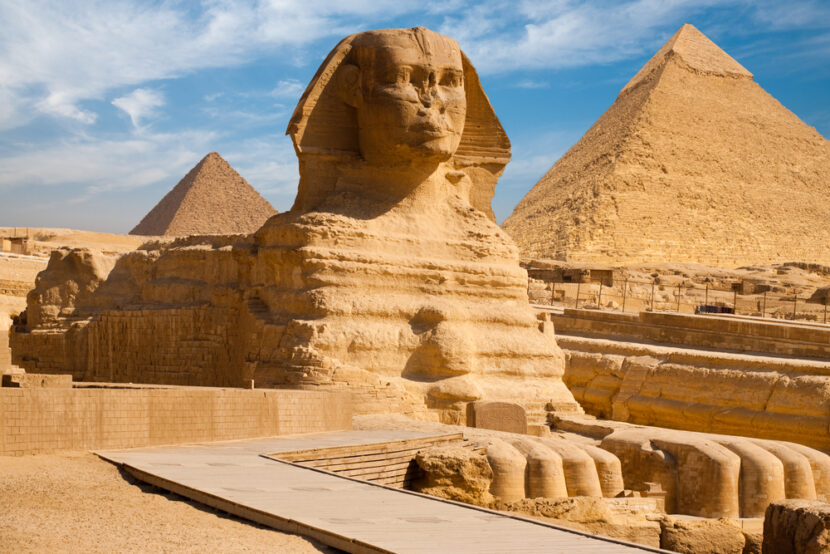CAIRO, Egypt – Egypt plans to increase the number of security cameras at hotels and popular tourist destinations as part of a series of new security measures aimed at buoying the flagging tourism sector following three years of political turmoil, the country’s tourism minister said.
Once a prime destination, Egypt has seen its hotels, beaches and famed ancient sites sit largely empty since the uprising that toppled President Hosni Mubarak in 2011 kicked off a period of prolonged social unrest. The number of tourists visiting the country dropped from more than 14 million in 2010 to just 9.5 million last year, according to government figures.
In addition to the security cameras, the government plans to introduce mandatory background checks for tourism industry workers, Tourism Minister Hisham Zaazoua told The Associated Press late Sunday. Egypt also will bolster airport security and plans to implement a comprehensive system for monitoring health standards in hotels, Zaazoua told listeners at an international conference on tourism safety on Sunday.
Rebooting Egypt’s tourism industry, long a crucial source of revenue, could inject badly needed foreign currency into the country’s struggling economy. But convincing tourists in the near-term to return to a country that has made headlines for its protests and violent crackdowns since Mubarak’s ouster could be a tough task, particularly after the military removed Egypt’s first democratically elected president, Mohammed Morsi, last summer.
Since Morsi’s overthrow, the military-backed interim authorities, and now newly-elected President Abdel Fattah al-Sissi, have presided over a wide-ranging crackdown against Morsi’s Muslim Brotherhood, killing hundreds and throwing thousands more in prison.
Violence has simmered since Morsi’s removal from power, with militants launching attacks primarily against security forces. There was one case in February, however, in which extremists based in the Sinai Peninsula took responsibility for bombing a tour bus in February. That blast killed three Korean tourists and an Egyptian driver.
There also have been several recent cases of sexual assault against female tourists in resorts on the Red Sea coast.
Elhamy ElZayat, the Chairman of the Egyptian Tourism Federation, said plans are underway to beef up security and clean the Pyramids of Giza area, in co-ordination with several government ministries.
He said that the dozens of vendors at the pyramids site – who have been accused of overly-aggressive sales tactics – will be confined to designated areas. In an effort to “change the image”, he said, young people in official uniforms will assist tourists at the site.
ElZayat said authorities are also planning to place janitorial services under private sector supervision and improve access to the area.
“I want to see a quick shift, 180 degrees. And it will happen, and by the end of this month I’m sure the area will be completely changed,” ElZayat said at the conference.
Zaazoua, the tourism minister, said he believes “the coming period will be better than the previous one,” adding that tourism figures in July and August have shown signs of recovery. Over the summer, a number of key countries lifted travel warnings to the Sinai Peninsula.
Despite challenges to the tourism industry across the region, Secretary-General of the United Nations World Tourism Organization Taleb Rifai told conference attendees that his organization projects tourism to the Middle East to triple between now and 2030.
